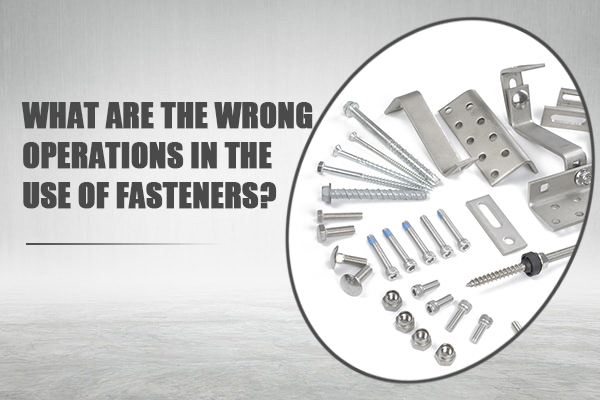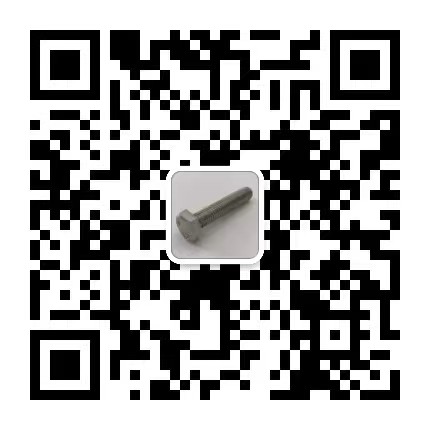VIDEO & CENTER

Use thick teeth instead of thin ones
There are many important connecting parts on the machine, such as the drive shaft, and most of the bolts are fine thread. If the maintenance is missing, some maintenance personnel will be lazy to use coarse teeth bolts instead, which should not be.

Because the fine tooth bolt has large inner diameter, small pitch and outer Angle, high strength, good self-locking performance, and strong ability to withstand shock, vibration and exchange load. Once the coarse teeth bolt is used instead, it is easy to loose or fall off, disassemble, and even cause serious mechanical accidents, so pay attention to this.
Pore mismatch
The bolts that bear the lateral load and shear force on the machine, such as the drive shaft bolts and flywheel bolts, are matched with the bolt holes for a transitional fit, and the assembly should be strong and reliable, and can withstand side forces. Some staff do not pay attention to check during the assembly process, and still continue to install when there is a large gap between the bolt and the bolt hole, which is easy to loose or cut off the bolt accident.
Thickened nuts increase connection reliability
Some people mistakenly believe that thickened nuts can increase the number of working turns of the thread and improve the reliability of the coupling. But in fact, the thicker the nut, the more uneven the load distribution between the threads of each ring, the more easily the coupling is loosened.
One mother has many pads
After the installation is completed, sometimes the bolt is too long, and some staff will install additional spring washers on the bolt. In this case, the spring washers will be broken during the strong process, so that the preload of the bolt will be reduced, and eccentric load may be generated, reducing the reliability of the bolt connection.
Screw it tight
Many staff members have such a misunderstanding: that is, they think that the bolt should be "rather tight than loose", so they deliberately increase the tightening torque, resulting in the bolt slipping. In addition, some important bolts need to be tightened with torque, but some people use adjustable wrenches because they want to save trouble, resulting in insufficient torque, resulting in loose bolts, and even mechanical failures.
Oversize washer
Sometimes the lack of a suitable size of the gasket, some staff will use a larger diameter of the gasket instead, in this case, the head of the bolt under the contact area of the gasket is small, will reduce the pressure bearing or locking force of the gasket, if there is vibration and impact in the working environment, the bolt is easy to loose.
The lock is not appropriate
Important bolts should be locked by an anti-loosening device after assembly, which is explained in four cases. If the cotter pin lock is used, it shall not be locked with a thin opening lock or a half piece opening lock; If the spring washer is used to lock, the opening of the washer should not be too small; If the lock plate is used, the lock plate shall not be locked at the edge of the nut; If double nut locking is used, thinner nuts must not be installed on the outside.
False firmness
If the bolts, nuts or threads are rusted, or there are impurities such as scale, iron filings, etc., be sure to deal with clean before assembly; The joint surface of the connector has burrs, sand and other impurities should also be removed, otherwise when tightening the bolt, the surface seems to be tightened, but in fact the connector is not really compressed because of the obstruction of these foreign bodies, in such a false firmness, if there is vibration, load impact and temperature changes when the bolt will soon loose.














